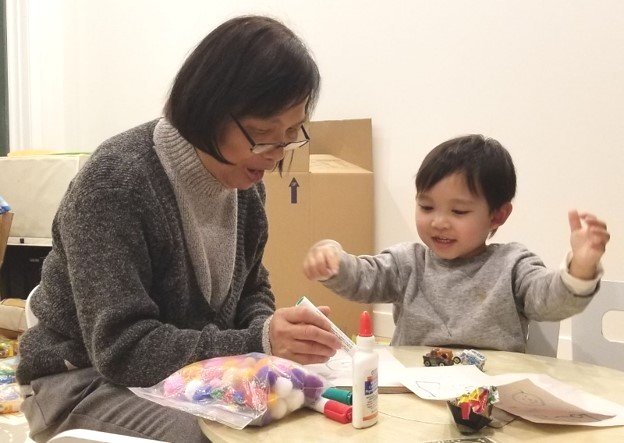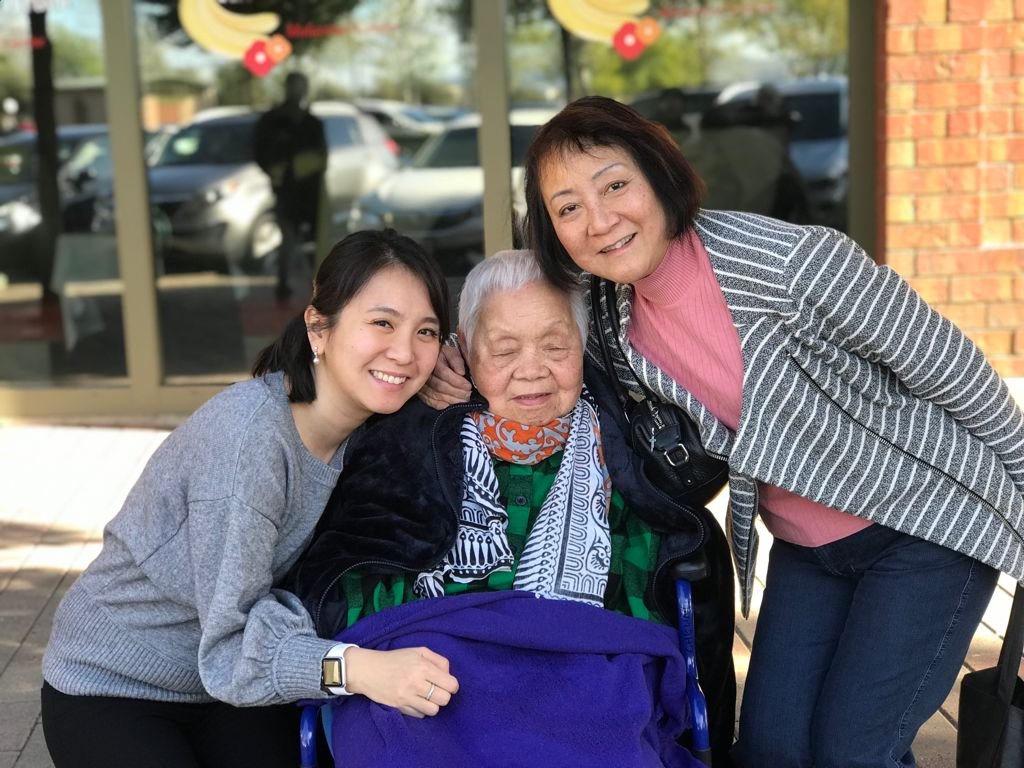
TOGETHERING FAMILY STORIES AND EVENTS
In our upcoming Togethering article series at healthydebate.ca…
We illustrate real-life case studies of aging families who are navigating different housing options. We show how some families have inadvertently found themselves in “age-friendly” living arrangements, while others have responded to health events and anticipated future needs. In all cases, we shine light on the careful considerations, nuances, and creative decisions that families are making to create + live out their vision of “Togethering” in ways that make sense for them.
Where we live affects our overall wellbeing
This is especially true for older adults as they experience changes to their health and everyday functioning, such as mobility, vision, cognition, and general support. For many of us in the “sandwich generation” who are juggling family, work, and supporting our aging parents, we want to do everything in our means to help them age well, while also supporting them through life and health changes.
What’s my family’s vision for how we might care for each other?
Like many other things upended by the pandemic, the last 18 months have prompted many of us to contemplate our options more seriously. Never before have hard-lined “no visitor” policies been so suddenly instituted in nursing homes and retirement communities, as everyone grappled with the risks of COVID-19.
As most of us hope never to return to isolated, early days of the pandemic, we might be asking ourselves: if (and when) my parents’ need more support and care, what are our options? What’s our family’s vision for how we might care for each other?
Many of our friends and family are asking the same questions.
How do we help our parents age gracefully, independently, and offer them every opportunity to live their best lives, while offering “just enough” support to meet their needs? What does this mean for our family? Our finances? Our lifestyles? When we don’t all agree, how can we bridge different values, preferences, and needs within our family? All of these are complex and socially delicate considerations.
Too often such decisions are thrusted upon us…
… when health crises arise – a fall, a stroke, a heart event, a diagnosis – and we are reacting in a moment of chaos without an opportunity to explore, and find the right arrangement that optimizes our family’s vision. All of the sudden, you’ve stepped into a new world of jargon and expectations: how is assisted living different from a retirement home? How do we find a PSW (personal support worker) who speaks my mother’s native language? Just gathering the right information to guide and build consensus decisions among family members can be an enormous feat. It is no wonder that many families find themselves feeling stressed, overwhelmed, and conflicted when facing these circumstances.
The truth is, there are many people, relationships, and professionals at play, and not everyone is trained and sensitive to be able to help families navigate their choices with sensitivity.
For instance, take the hospital: once they have deemed that your loved one is safe for discharge, their focus is on enabling an efficient exit. Ideally, the hospital care team wants to establish a sustainable arrangement so your loved one doesn’t “boomerang” back to the hospital, but time is of the essence because a timely discharge means a hospital bed for someone else in need of care.
Next, take the home and community care services whose assess, assign, and facilitate home care and other services, such as long-term care placement. Like all government agencies, they are working within one target budget, which means evaluating and assigning care to those they deem in the greatest need.
This means that ultimately, “patients” and their families must self-advocate for care and services. That means being knowledgeable and resourceful about what options are available, the trade-offs and compromises (e.g., cost vs. quality) between options, and understanding lifestyle impact of these choices on the senior(s) and the rest of the family or care circle.
A few of us, through our own lived experiences, are passionate about these matters…
… particularly the question: how can families age gracefully and ease the transitions to helping aging relatives and greater interdependency between households? We call this our vision for “Togethering” – helping each other at different points along the aging journey. From our view, Togethering can take different forms, encompassing such factors as where we live, how we help each other, how we show our ‘care’, and how we transition together as an intergenerational family/friend “circle of care”
Family Stories
-

Andrea’s Story
-

Stella’s Story
-

Amy’s Story
-

Winnie’s Story
-

Alcina’s Story
-

Ming’s Story
Togethering Events
family
(fam-uh-lee) noun
a group that dreams, laughs, plays and loves together.
always present not only in the good times
the most precious gift




